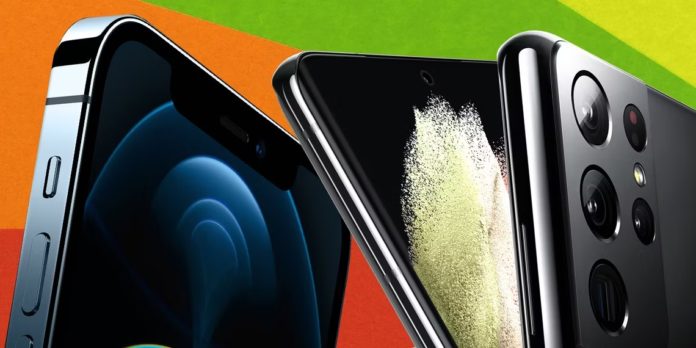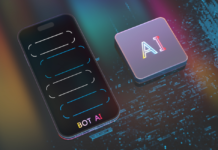Can’t decide between an Apple iPhone or a Samsung Galaxy? We put the two head-to-head to see which is better.
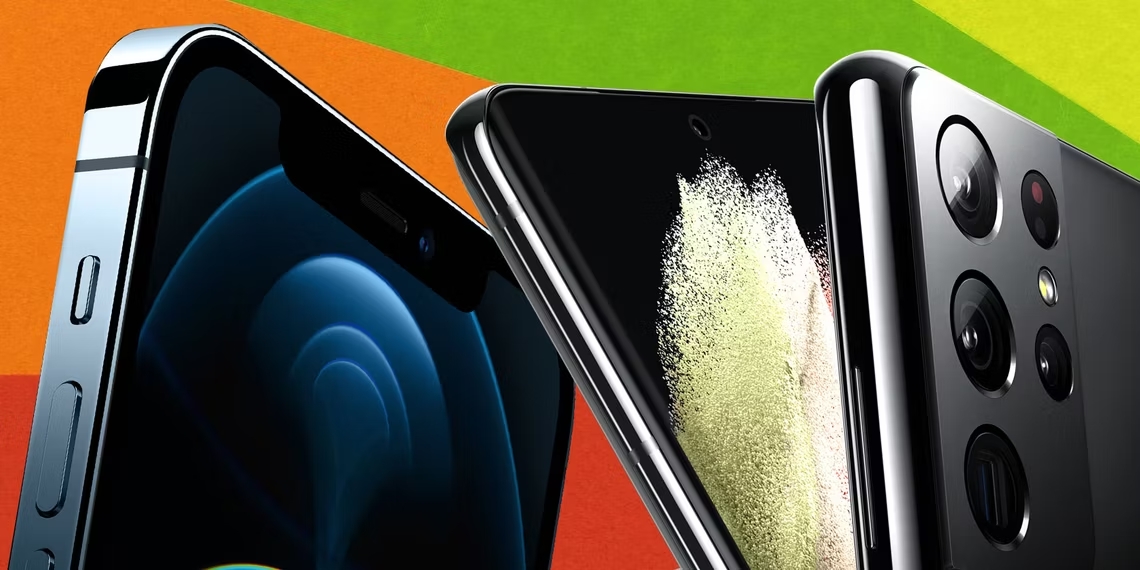
When it comes to the debate between iPhone and Samsung phones, opinions are often deeply ingrained. iPhone fans remain loyal to Apple, while Samsung enthusiasts can’t resist the tech giant’s cutting-edge innovations.
However, for the average buyer, choosing between these two brands requires a more objective evaluation. It’s crucial to compare them directly to make an informed decision. In this article, we will dive into a head-to-head comparison to shed light on the matter. Let’s delve deeper into the discussion.
Price and Value for Money
One noticeable distinction between iPhones and Samsung’s flagships is the price. While Apple enthusiasts may disagree, iPhones can appear overpriced, particularly to those unfamiliar with the Apple ecosystem. On the other hand, Samsung’s flagships offer a better value for your money.
Although they are still considered relatively expensive. With Samsung’s wide range of smartphone series, there is a higher likelihood of finding a suitable option within your budget.
The appeal of iPhones lies in their seamless iOS software experience and their seamless integration with other Apple products like AirPods or the Apple Watch. Owning an iPhone often leads to a desire to explore and invest in other Apple products, maximizing the overall device experience.
Repair costs are another consideration. iPhones tend to be more expensive to repair compared to Samsung phones. Which can be a disadvantage if you are accident-prone or plan to keep your phone for an extended period.
However, it is worth noting that Samsung phones depreciate in value more rapidly. While iPhones retain their value for a longer time. This means that when the time comes to upgrade, you can easily sell or trade in your iPhone.
Ultimately, the decision between iPhone and Samsung boils down to personal preferences, budget considerations. And the value you place on the overall ecosystem and resale potential.
Cameras
iPhones have traditionally received more acclaim than their Samsung counterparts when it comes to photo quality, image consistency, and video quality. However, Samsung has made significant strides with its S23 series, particularly with the Galaxy S23 Ultra.
While Apple still excels in consistency, Samsung offers a more refined, enjoyable, and versatile camera experience overall. Samsung phones are particularly appealing to those who enjoy experimenting with different camera features and pushing the boundaries of their photography.
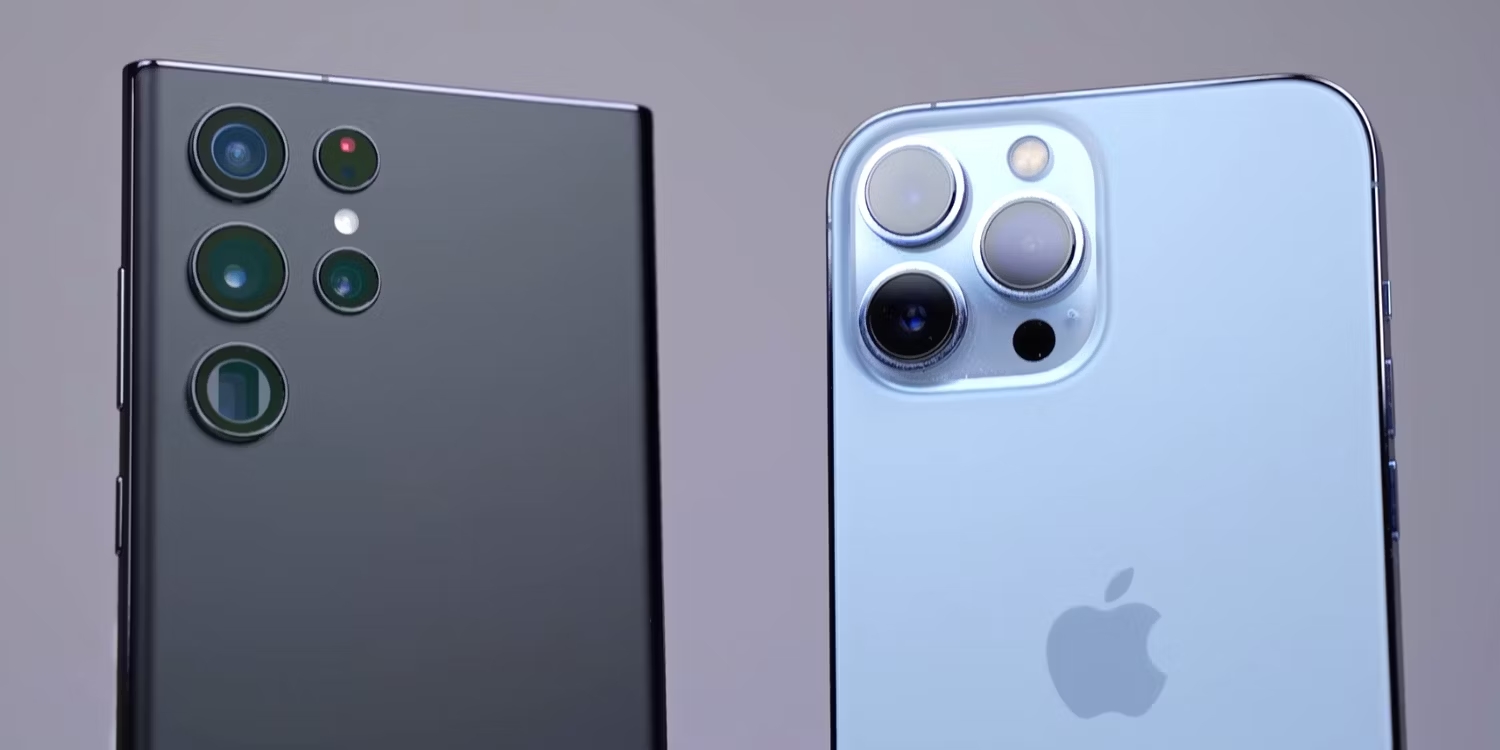
On the other hand, iPhones deliver a more neutral image and video profile, without aggressive auto-editing by image processing algorithms. This makes them well-suited for professionals who prefer to edit their own photos and videos, prioritizing natural colors and a dependable camera experience.
Samsung photos tend to appear more vibrant and shareable, but they can occasionally appear over-processed. In essence, the camera differences between iPhones and Samsung phones are more subjective and dependent on personal preferences, rather than being clear-cut indicators of superior image quality.
Operating System
In the past, comparing iOS and Android was often simplified to the notion that iOS is simpler while Android is more customizable. While these generalizations still hold some truth, both operating systems have evolved significantly over time.
Samsung’s older UI, TouchWiz, was widely criticized for its subpar software experience, reflecting the company’s focus on hardware. However, Samsung’s current One UI, built on top of Android, offers one of the cleanest software experiences available.
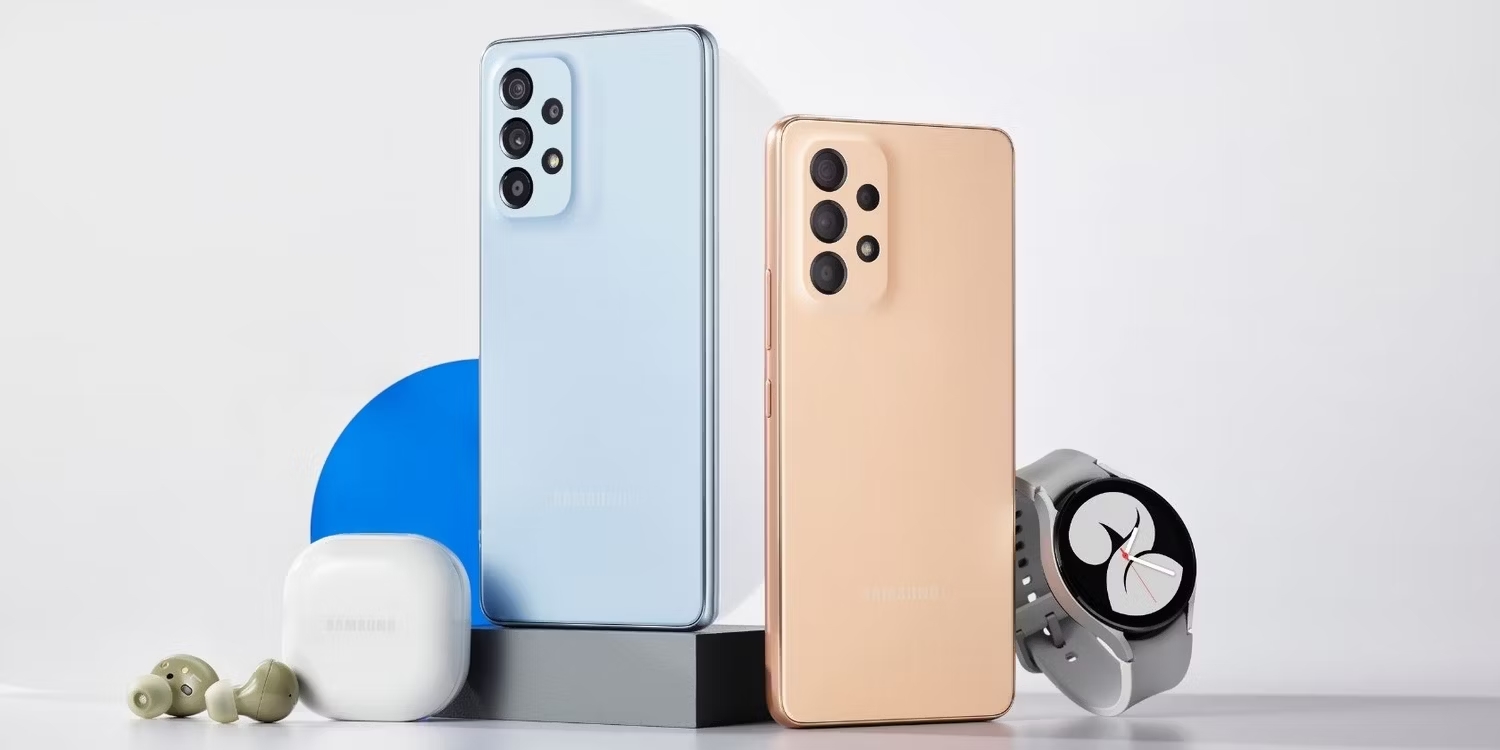
On the other hand, iOS is proprietary software, granting Apple greater control over the user experience. This results in better RAM management, seamless software integration, enhanced user security, and overall reliability.
Moreover, due to the smaller number of iOS devices, certain apps like Instagram or PUBG are often better optimized for the iOS platform.
Another notable advantage of iPhones is their longevity. While Samsung now provides four years of major Android updates for its flagship and mid-range phones, iPhones can easily last five to six years before needing to be replaced.
However, there is an important caveat to consider. Smartphone batteries, which are typically lithium-ion, naturally degrade over time. If you choose an iPhone based solely on its longer OS support. It’s important to keep in mind that the battery’s performance will diminish, potentially necessitating a replacement or an upgrade after around three years.
Both iPhone and Samsung phones offer unique features that set them apart. For instance, the iPhone 14 Pro introduces the Dynamic Island, which displays glanceable information and ongoing background activities. Samsung’s Galaxy Ultra phones, on the other hand, come with a built-in S Pen. That is highly convenient for note-taking, sketching, signing documents, and more.
Voice Assistants
Voice assistants and artificial intelligence (AI) have become significant factors in the ongoing debate between iPhones and Samsung phones.
Siri has been the default voice assistant for iPhones since the iPhone 4S was released in 2011. In 2017, Samsung introduced its own voice assistant, Bixby, as an alternative to the already capable Google Assistant available on Android phones.
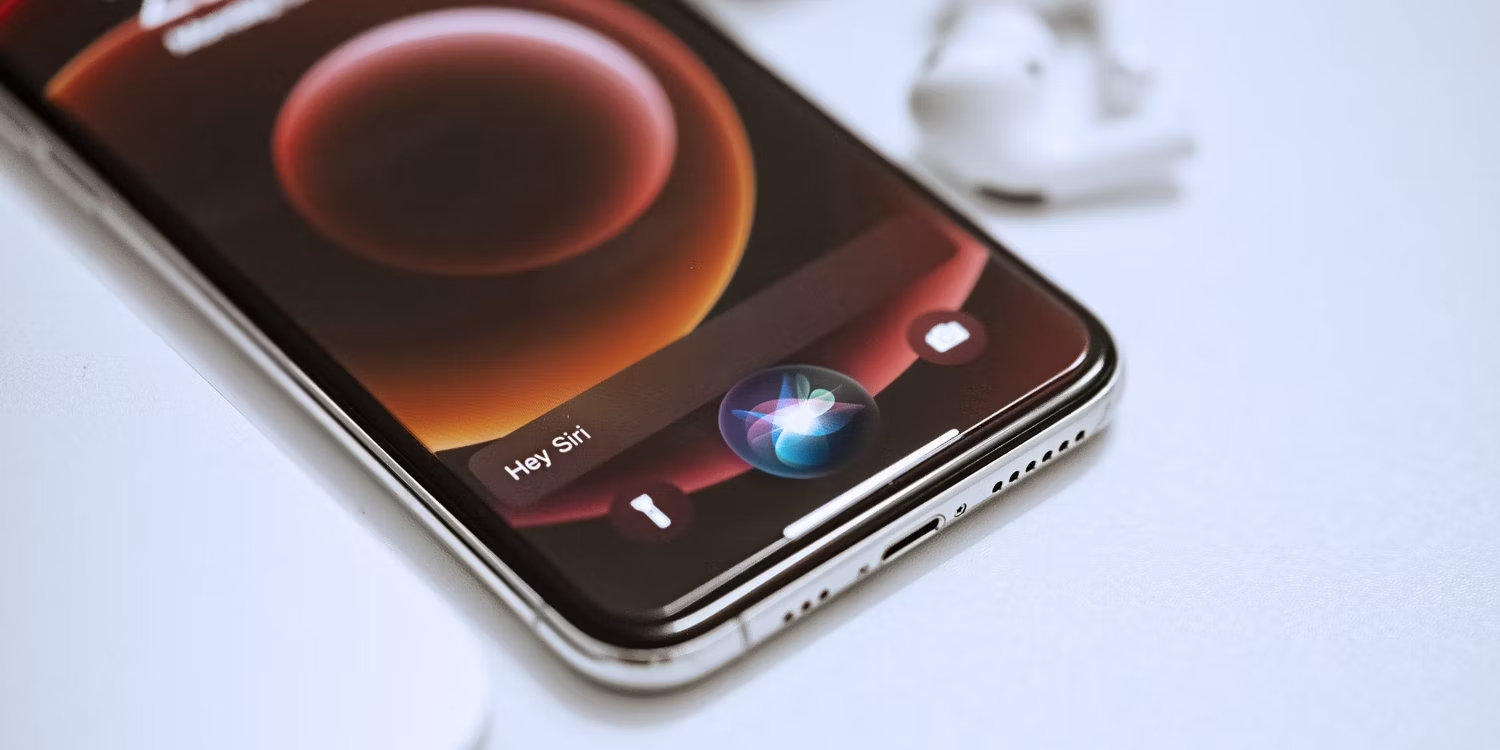
While Samsung’s attempt with Bixby is commendable, it falls short in many aspects compared to Apple’s Siri and Google Assistant, although it does excel in certain specific cases.
When it comes to overall intuitiveness and functionality, Google Assistant remains the leading voice assistant to use, regardless of whether you have an iPhone, a Samsung phone, or any other device. Its capabilities and seamless integration with Google’s extensive services make it the preferred choice for many users.
Battery Quality
When it comes to battery performance, Apple has traditionally taken a different approach compared to Samsung. While Samsung emphasizes the massive battery capacity and fast charging capabilities of its smartphones, Apple has focused on optimizing battery usage through its efficient iOS software.
Despite not having a physically large battery, iPhones, especially the larger models like the iPhone 14 Pro Max and iPhone 14 Plus, can deliver impressive battery life. Thanks to the optimization provided by iOS, users can expect their iPhones to last throughout the day with regular usage.

However, when it comes to charging speed, iPhones still have room for improvement. Apple’s MagSafe charger, which offers wireless charging, may take around three hours to fully charge the iPhone 14 Pro Max. However, using an unofficial 30W charger can reduce the charging time to approximately two hours.
On the other hand, Samsung’s Galaxy S23 Ultra can be charged in nearly an hour using the 45W Samsung adapter. This makes it a more suitable option for power users or gamers who require quick charging to minimize downtime.
It’s worth noting that both Apple and Samsung have stopped including chargers in the box with their flagship smartphones, which means users need to purchase chargers separately or use existing ones from previous devices.
Apple vs. Samsung: Which Is Right for You?
Indeed, when it comes to choosing between two excellent smartphone options like iPhones and Samsung phones, personal preference plays a significant role. It often comes down to individual priorities and preferences.
Many individuals opt for iPhones due to the seamless integration within the Apple ecosystem and the consistent user experience it offers. iPhones are known for their reliability in essential functions such as calling, video recording, system navigation, and web browsing. For those who value a well-integrated and streamlined experience, iPhones are a popular choice.
On the other hand, Samsung phones appeal to users who prefer a more adventurous and customizable experience. With a diverse range of features, a vibrant camera experience, and the One UI skin layered on top of Android, Samsung flagships offer a template that allows for personalization and customization.
Additionally, Samsung phones often showcase attractive designs that catch the eye of users seeking aesthetic appeal.
Ultimately, the decision between iPhones and Samsung phones depends on the individual’s preferences and priorities. Both options offer their unique strengths, and it’s important to consider factors such as ecosystem integration, user experience, customization options, design, and feature sets to make the best choice for oneself.
Read more: Apple Vision Pro: A Mixed Reality Headset Worth the Hype?






